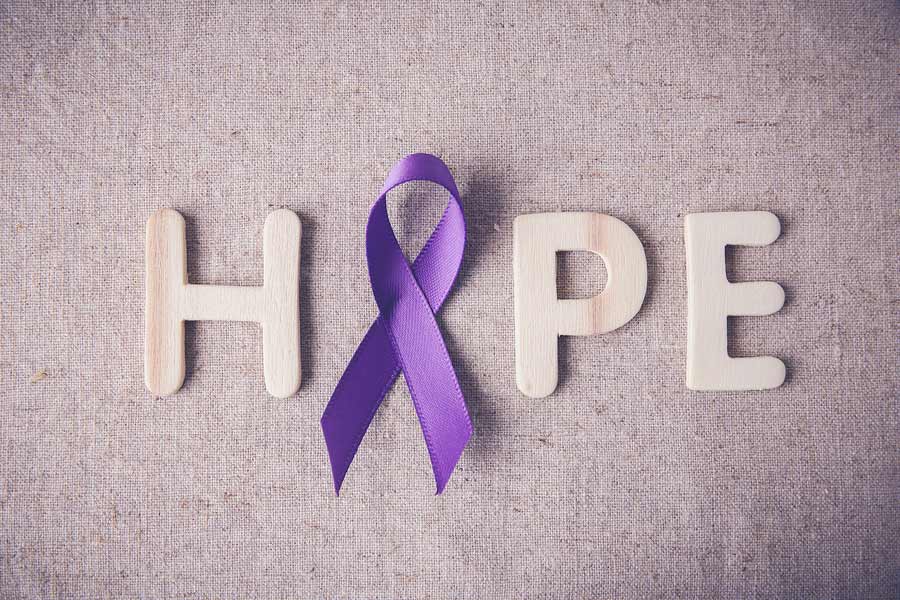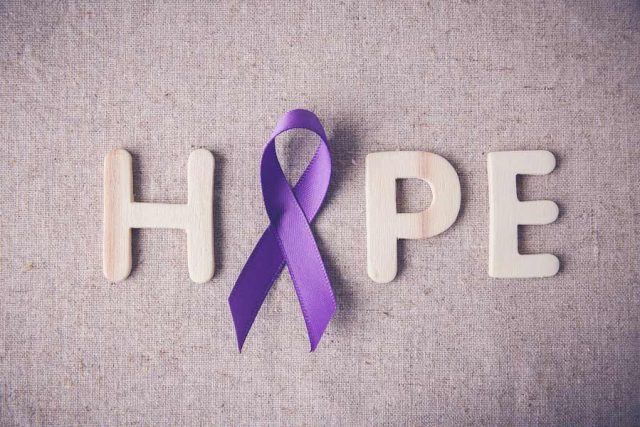Medically Reviewed by Jacque Parker, RN

We can’t control the future, but we can make every attempt to improve the quality of our lives. Congratulations on making one of the biggest decisions a person can make with his/her life. You are a winner and deserve the very best of everything that life has to offer. If I could give you an award, it wouldn’t be enough to reflect the enormous amount of credit you deserve for your strength and courage, but it would be an attempt to validate these very special qualities that you possess.
Unfortunately, there are no awards for surviving epilepsy and brain surgery. You can go to college for four years to get a bachelor’s degree that will at least give you a place to put your foot in the door to start you on your way toward receiving a decent annual income. With surviving a seizure disorder, you will be temporarily condemned to fearing a life without freedom or control. And for surviving brain surgery, you will constantly be questioned by society on your sanity and well-being. You will have to work ten times as hard to prove that you can make it in this world, and you will have to overcome a lot of rejection in the process.
Many people will be intimated by your ambition and strength, and they won’t know how to react to you. This is where you will really need to be strong. Often they will talk to you like you are less intelligent or weaker than they are. This can be very disheartening and can affect your healing process. Depending on your personality and how you handle people will determine your ability to grow and function in society in a healthy and productive manner.
I wasn’t too good at dealing with rejection so I decided to isolate and write a book. I’m hoping that by telling my story and giving you support along the way, your healing process will be much easier than mine. I have written this book to layout the procedures common for epilepsy surgery, but I have also included my feelings along the way. I hope this will offer you a bit of relief in knowing that you are not alone.
After surgery there is a very real transformation that one must go through. Acceptance of the epilepsy, denial that you have had brain surgery, and the realization that you have lived. You may feel lost afterwards, you will more than likely go through a period of depression, and you will probably have some post-traumatic stress.
I feel like I am one of the luckiest people on this planet, but I also feel like I can’t just pretend my past didn’t exist. I tried that for awhile with not much success. Now I’m talking to people and I’m learning new things about new procedures and would like to be able to help others get well. Surgery isn’t for everyone, but it sure did a world of good for me. I’ve been seizure free this April for six years and medication free for five years. I hope what I have to offer will help you or someone you know. My second edition of Seizure Free was released last year. You can read more and/or purchase my book through Amazon.com. Good luck in all of your endeavors!
Did you find this article helpful? Join us at HealingWell for support and information about Epilepsy. Connect and share with others like you.
Leanne Chilton is the author of Seizure-Free: From Epilepsy to Brain Surgery, I Survived and You Can Too!.




